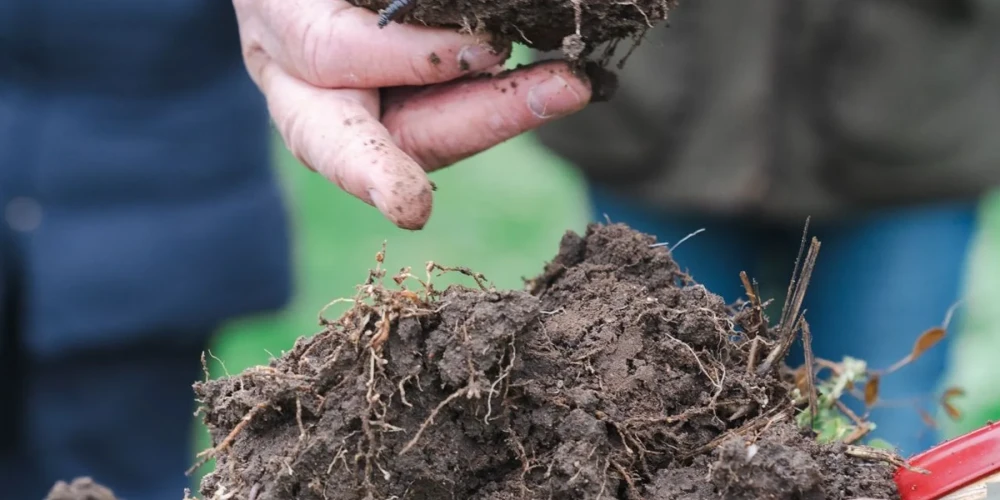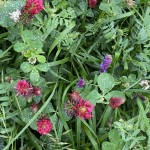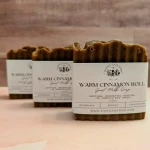Brewing a Sustainable Future: The Story Behind Carlsberg's First Regenerative Beer
Added 4 months ago

Carlsberg's Commitment to Regenerative Agriculture
Carlsberg, one of the world's leading beer brands, has announced a groundbreaking initiative to support regenerative farming in its home country, Denmark. Collaborating with agricultural cooperative DLG and malting company Viking Malt, the brewery will produce malt barley grown using regenerative principles. This is a pivotal step towards Carlsberg’s ambitious goal to source all ingredients regeneratively by 2040.
What Is Regenerative Agriculture?
Regenerative agriculture focuses on restoring soil health, boosting biodiversity, and improving water cycles while ensuring high yields. For Carlsberg’s barley farmers, this includes:
- Minimal tillage: Reducing soil disturbance.
- Year-round soil cover: Keeping fields protected 95% of the year.
- Crop rotation: Planting at least three crops over five harvest seasons.
- Lower reliance on synthetic inputs: Reducing fertilizers and pesticides.
In Zealand, Denmark, Carlsberg’s first regenerative barley harvest from 100 hectares yielded 500 tonnes of malt—enough for 3.3 million litres of beer. A portion will be used for a limited-release special edition beer in 2025, while the rest will gradually transition the flagship Carlsberg Pilsner to 100% regenerative ingredients.
The Importance of Regenerative Practices
Peter Haahr Nielsen, CEO of Carlsberg Denmark, highlights the strategic importance of this shift:
“Around 24% of Carlsberg’s Danish CO2e emissions come from agriculture. By transitioning to regenerative farming, we can reduce emissions and contribute positively to biodiversity.”
This initiative aligns with Carlsberg Group’s global sustainability strategy, Together Towards ZERO and Beyond, which has already seen regenerative products introduced in the UK, France, and Finland. The Danish project, however, holds special significance as it represents Carlsberg’s commitment to its home market.
Collaboration and Challenges
The journey to widespread adoption of regenerative agriculture is not without hurdles. Currently, there are no universal standards for regenerative farming methods. To overcome this, Carlsberg has partnered with consultancy Agrovi to develop tailored practices for Denmark.
Bøje Kjær, Executive Vice President of DLG Denmark, underscores the broader implications:
"There’s huge business potential in regenerative crops, but we need more food companies to see the value as Carlsberg and Viking Malt do.”
A Sustainable and Resilient Future
Regenerative agriculture not only supports sustainability but also builds resilience against climate change. Farms adopting these practices can better withstand droughts and extreme weather, ensuring stable barley supplies for brewing. Importantly, Carlsberg guarantees that the transition won’t affect the taste or quality of its beer.
Catalyzing Industry-Wide Change
Carlsberg’s efforts may inspire a larger shift in the food and beverage industry. By expanding its regenerative sourcing and collaborating with more partners, the brand hopes to drive broader adoption of sustainable farming in Denmark and beyond.
Simon Boas Hoffmeyer, Carlsberg Group’s Senior Director of Sustainability, emphasizes the need for scale:
“To make an impact, we need more partners and crops to join the transition.”
With its first regenerative beer on the horizon, Carlsberg is poised to lead the way in sustainable brewing and set a new standard for the global beer industry.
Join the conversation
Be the first to leave a comment.
Leave a comment
All comments are reviewed before they are published on the website. Your email address will not be published.




Family-Owned Farm Embraces Regenerative Agriculture to Grow and Educate


